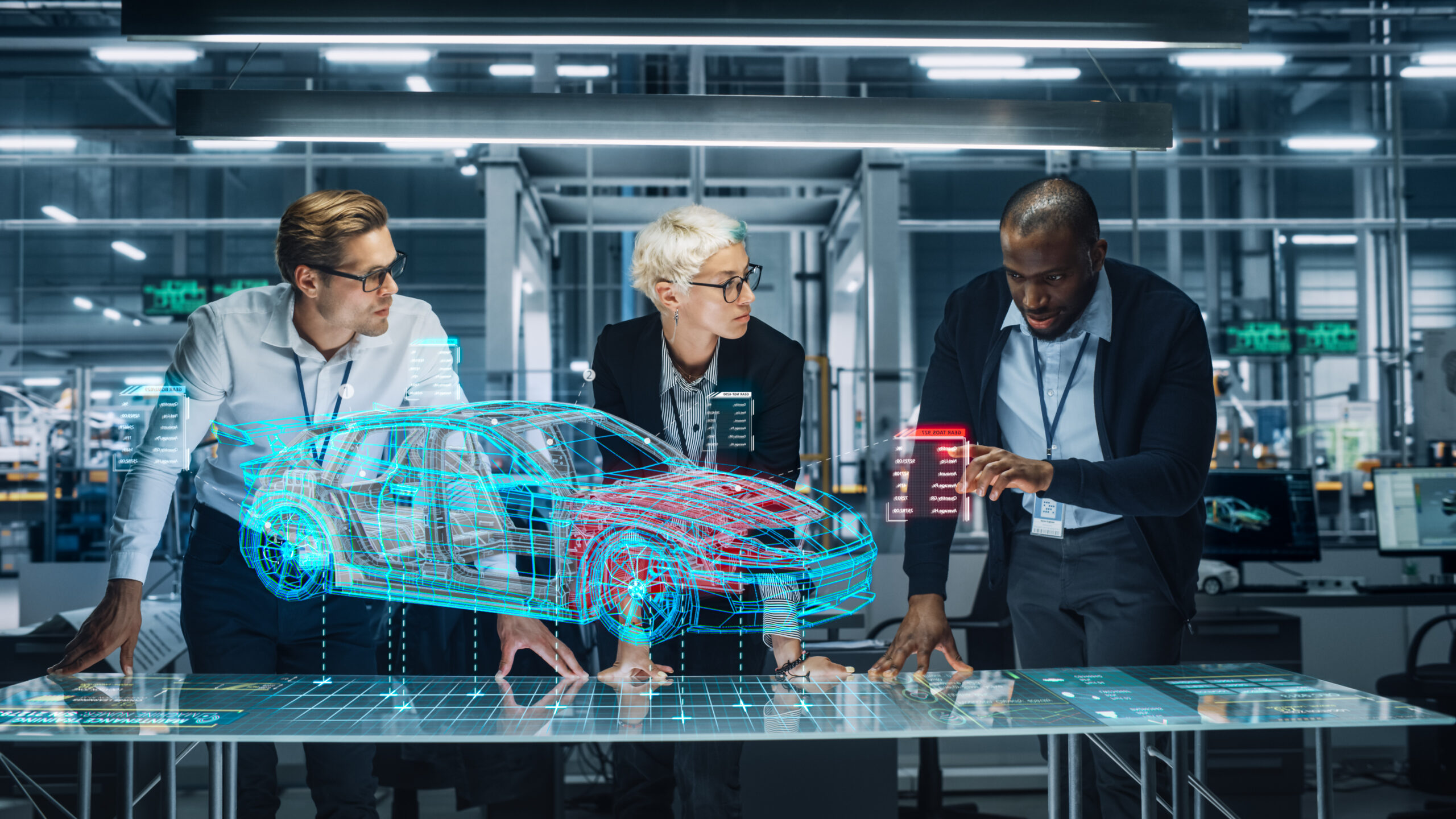The current automotive trends are shifting towards electric vehicles and autonomous driving technology. These advancements are revolutionizing the industry by offering environmentally friendly and safer transportation options.
Moreover, they are also leading to the development of smart vehicles with enhanced connectivity and advanced driver-assist features. As the demand for electric vehicles continues to rise, more manufacturers are investing in their production and expanding their charging infrastructure. Additionally, autonomous driving technology is being tested and slowly integrated into vehicles, paving the way for a future where self-driving cars will become commonplace.
With these transformative trends, the automotive industry is poised for a major shift towards a more sustainable and technologically advanced future.

Credit: blogs.sw.siemens.com
Transforming The Industry
The automotive industry is undergoing a major transformation with the emergence of electric vehicles. These vehicles are shaping the future of transportation, offering a clean and sustainable alternative to traditional gasoline-powered cars. The convenience and efficiency of electric vehicles are revolutionizing the driving experience for consumers.
Another trend that is redefining mobility is autonomous vehicles. With advanced technologies and artificial intelligence, these self-driving cars have the potential to change the way we commute and travel. The integration of connectivity and smart features in cars is another game-changer, with connected cars offering a seamless driving experience.
These automotive trends are not only enhancing convenience but also helping to reduce carbon emissions and promote a greener future.
Innovations In Design And Performance
Innovations in automotive design and performance are driving the industry forward. Lightweight materials play a significant role in enhancing fuel efficiency and overall vehicle performance. By reducing weight, cars consume less fuel and emit fewer emissions, aligning with the growing demand for eco-friendly transportation.
Another prominent trend is the implementation of advanced driver assistance systems (adas) that ensure safety on the road. These systems incorporate technologies such as collision avoidance, adaptive cruise control, and lane-keeping assist, assisting drivers in navigating their journeys more securely.
Additionally, sustainable practices are becoming increasingly crucial, with manufacturers adopting eco-friendly manufacturing processes. From using recycled materials to reducing waste and implementing energy-efficient practices, the automotive industry is prioritizing sustainability. As it evolves, automotive design and performance will continue to shape our future transportation landscape.
Disruptive Technologies And Business Models
Disruptive technologies and business models have revolutionized the automotive industry. Ride-hailing and car-sharing services have transformed the way we commute, offering convenient alternatives to traditional transportation methods. By integrating various transportation options, mobility-as-a-service (maas) platforms have enhanced the overall mobility experience for users.
Moreover, blockchain technology is playing a significant role in the automotive sector by ensuring transparency and security in transactions. These technological advancements are shaping the future of the automotive industry, making it more efficient, sustainable, and user-friendly. Automotive trends are constantly evolving, and businesses need to adapt to these changes to stay competitive in the market.
Embracing these disruptive technologies and innovative business models will be crucial for the success of automotive companies in the years to come.
Challenges And Opportunities
The expanding network of charging stations and infrastructure development pose both challenges and opportunities in the automotive industry. By increasing the number of charging stations, electric vehicles can become more accessible and convenient for consumers. This infrastructure development is crucial for the growth of the electric vehicle market.
However, it also requires substantial investments and coordination among various stakeholders to ensure a smooth transition to electric mobility. Another significant concern is data privacy and cybersecurity, as vehicles become increasingly connected and reliant on data. Protecting sensitive information and ensuring cybersecurity measures are of utmost importance to prevent breaches and unauthorized access.
Furthermore, the changing automotive landscape also presents opportunities for skill development and job creation. As the industry evolves towards electric and autonomous vehicles, there is a need for new skills and expertise. Adapting to these changes can provide individuals with exciting career prospects in this dynamic sector.
Conclusion
The automotive industry is experiencing a rapid evolution driven by technological advancements and changing consumer expectations. As we look to the future, we can expect to see more electric and autonomous vehicles on the roads, as well as the integration of artificial intelligence and connectivity features.
These trends will not only reshape the way we commute and travel, but also have significant implications for the environment and sustainability. As car manufacturers strive to meet these demands, they will need to focus on innovative design, improved safety features, and enhanced user experiences.
Furthermore, the rise of ride-sharing services and the sharing economy will continue to disrupt traditional car ownership models. Ultimately, the automotive industry has an exciting future ahead, with endless possibilities for innovation, improvement, and transformation. So buckle up and get ready for a thrilling ride into the future of automotive trends.






